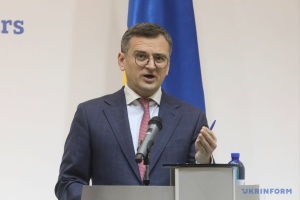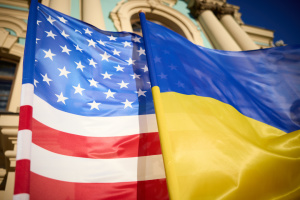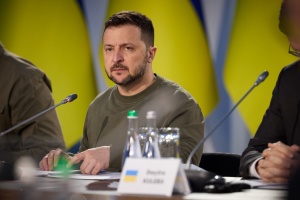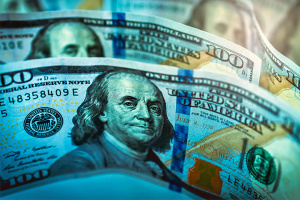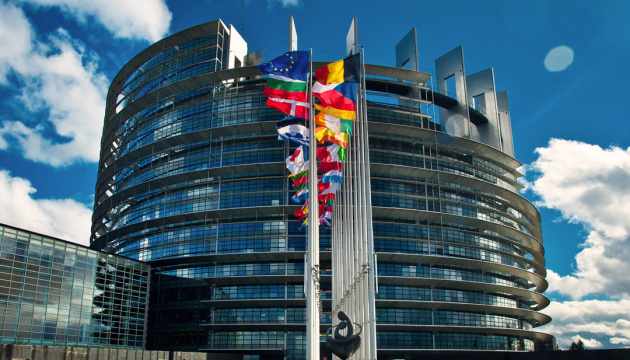
Soft power of democracy: EP wants to neutralize 'Putin's friends'
The most democratic institution in Europe, the European Parliament, has stopped an official dialogue with its Russian "colleagues." However, other unofficial channels of communication to legitimize actions of the Russia Federation in the legislative body of the EU remain.
At the end of January 2018, a conference was held in the European Parliament with a supposedly constructive title: "The European Union and Russian regions." The event was organized under a veil of secrecy, only for a closed circle of trusted people. This is not surprising. Crimea became the main and only topic for discussion at the conference. More specifically, the so-called "Republic of Crimea," which invited European business and investors to intensify cooperation with "an economically promising, attractive and powerful Russian region."
Non-official dialogue - legitimization of Russian aggression
After the forthcoming March 18 reelection of the "master of the Kremlin" for the fourth term, the European Parliament will discuss and adopt an updated policy regarding the activity within the EU's legislative body of pro-Russian forces, controlled and supported by Moscow.
This was reported by a member of the European Parliament, Rebecca Harms. The German politician explained that on the instructions of the leadership of the European Parliament, the Foreign Affairs Committee, the EP delegation to the EU-Russia Parliamentary Cooperation Committee, and she personally, as co-chair of the Euronest Parliamentary Assembly, are currently preparing respective proposals.
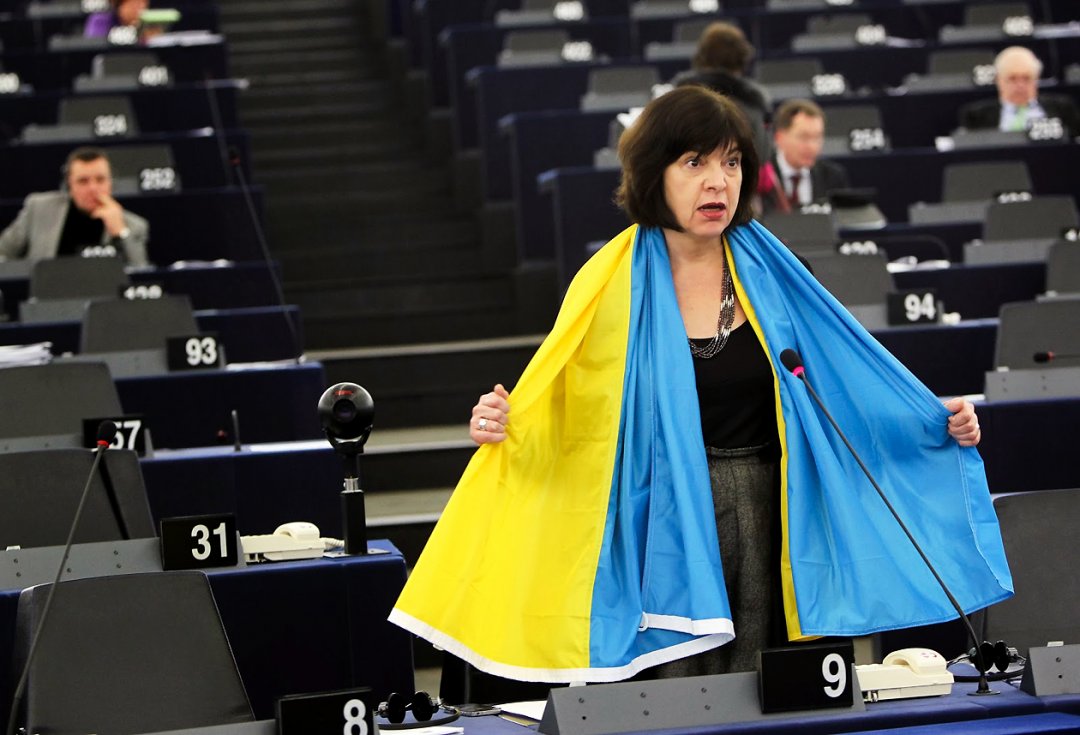
In 2014, after the Russian occupation of Crimea and its aggression in eastern Ukraine, many European parliamentarians were banned from accessing Russian territory. In response, the European Parliament officially suspended a political dialogue with the State Duma and the Federal Assembly of the Russian Federation.
The only exception was made for Chairman of the State Duma Committee on Foreign Affairs Alexei Pushkov, who attended the EP's events in Brussels and Strasbourg at least on two occasions. At the time, Russian interests were lobbied by the EP's political group of Socialists and Democrats (S&D). Their pro-Kremlin position caused criticism and indignation among representatives of the liberal-democratic majority of the Parliament.
However, even despite the embargo on official contacts with Russian colleagues, "Putin's friends" in the EP still have legitimate grounds to organize unofficial events. The content and messages of these events not only contradict the official position of the EU on aggressive Russia, but can also be seen as a violation of international law, an attack on the sovereignty and territorial integrity of Ukraine and a way to legitimize Russian occupation of Crimea and military aggression in Donbas.
How did separatist Aksionov resurface in the EP?
It was the abovementioned conference on "Russian Crimea" that became a vivid example of an informal pro-Kremlin campaign in the center of European democracy. The event was organized by MEPs: Czech communist Jaromir Kohlicek, Dutch nationalist Andre Elissen, and infamous Latvian MEP Tatjana Zdanoka (a member of the "Greens" but a strong promoter of a communist ideology).
Cooperation of the two opposing camps, the communists and the right-wing nationalists, in promoting the Russian interests once again confirms the well-known fact that the Kremlin supports and controls any destructive forces in order to undermine European unity, to compromise European values, bring destabilization and chaos into European societies.
"Since we stopped the official dialogue, we have seen many manifestations of the so-called informal dialogue. And we have been noticing the growth of activities, of 'Putin's friends,' those who support Putin's ideas here in the European Parliament," said Rebecca Harms, in response to questions from Ukrinform's correspondent in Brussels.
The German politician noted that there is no agreement in the EP on how to react to such manifestations of pro-Putin’s activities that are obviously dangerous to Europe.
Harms reminded that the members of the EP are free to invite anyone to their events.
For example, Serhiy Aksionov, the so-called "head" of the occupied peninsula, was invited to the abovementioned separatist conference on Crimea. He was present in the European Parliament in absentia. The participants of the event saw his video message.
"Today, I represent Crimea as its inhabitant, as a patriot of my region, and as a true citizen of our great motherland – Russia," Aksionov said in the EP. Afterwards, a representative of the occupational authorities invited European businesses and investors to visit the Yalta International Economic Forum in April.
All of this could be seen and heard not in the Russian propaganda media, but in the heart of European democracy, a parliamentary institution that aims to protect the rights of citizens, to establish the rule of law, to maintain the territorial integrity of nation states.
In the light of the EU's economic sanctions against the occupied Crimea, potential participation of some European politicians and businessmen in the Yalta Forum will be another violation of international law and Ukrainian legislation. Yet, the indecisive Europe, guided by the values of democracy and freedom of speech, is too weak to respond decisively to the illegal journeys of the Kremlin's pool of marginalized Europeans to the occupied Ukrainian territories.

"The participants of this conference, in particular, Mr. Kohlicek, are pure communists. Communists in all countries support the occupation of Crimea. This is the case in my country and I publicly oppose it. After all, Russia wants to destroy the European Union through its information warfare. But we have the freedom of speech," Czech MEP Jaromir Stetina said.
The Czech politician also shared his experience of attending other similar separatist, pro-Russian events in the European Parliament. He said that among the participants were representatives of the so-called "DNR" and "LNR." The main themes, he added, were devoted to support and legitimization of Russian occupation of territories in eastern Ukraine.
Kremlin's collaborators: name and shame them
There are ongoing discussions among politicians, parliamentarians, experts and civic activists about what to do and how to react to the activities of "Putin's friends." Objectively speaking, the overwhelming majority of them are marginal people that work in the interests of the Kremlin for financial rewards and other types of support.
Therefore, there is a perception that "Putin's friends" are not worthy of the attention of adequate Europeans. Instead, one should ignore their activities because provoking a scandal will only create cheap PR for Kremlin.
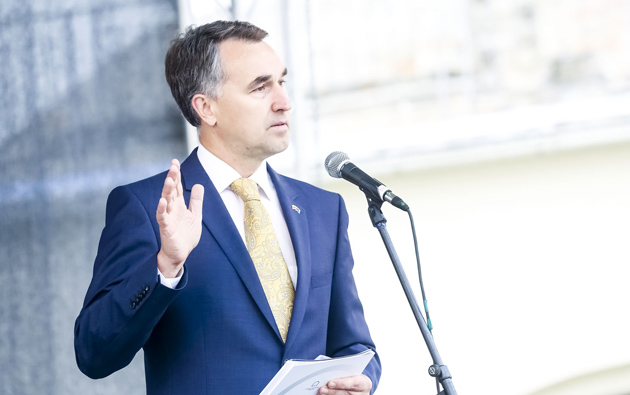
Perhaps this passive appeasement could have been relevant earlier, but not today, now that the Kremlin has crossed all red lines and poses a real threat not only to Ukraine, but to the whole civilized world.
"Unfortunately, authoritarian regimes, speaking about Gaddafi, or Putin, have enough money and opportunities to buy politicians in Europe. What should we do? Name them and shame them. And also block cash flows coming from the Kremlin," said Lithuanian member of the European Parliament, Petras Austrevicius.
He gave an example of the French nationalist, Marine Le Pen, whose sympathy for the Kremlin was rewarded with a lucrative loan of EUR 9 million from the First Czech-Russian Bank.
"There is nothing new here. Communism and Putin's regime continue to commit crimes around the world. And not only in Syria and Ukraine," the Lithuanian politician added.
In 2014, with the beginning of the occupation of Crimea and Russian aggression in eastern Ukraine, representatives of the liberal democratic majority of the European Parliament were still hoping to convince the Kremlin's leader to stop demolishing the global security order.
These illusions have been destroyed by Russia's hybrid war against Europe. Hybrid operations continue to take place on the margins of European institutions. Europe's response to the Russian propaganda and the cynical bribery of European politicians is the "soft power" of democracy and freedom of speech. Without doubt, truth and justice will prevail. But the indecisiveness of European politicians, the desire of some forces to return to "business as usual" with Moscow, on the condition that nothing has happened, is already a price too high for Europe.
Andrii Lavreniuk, Brussels

